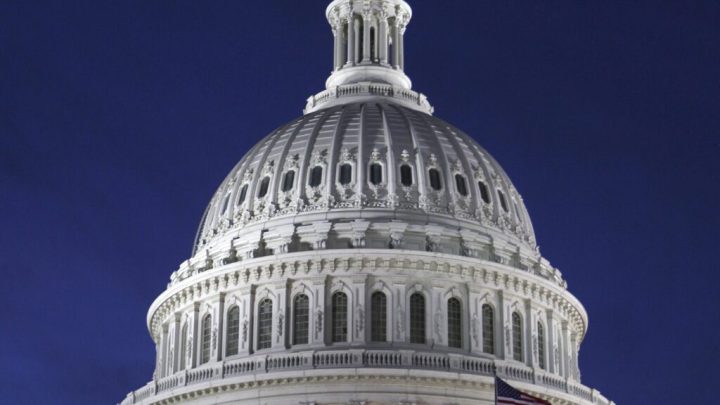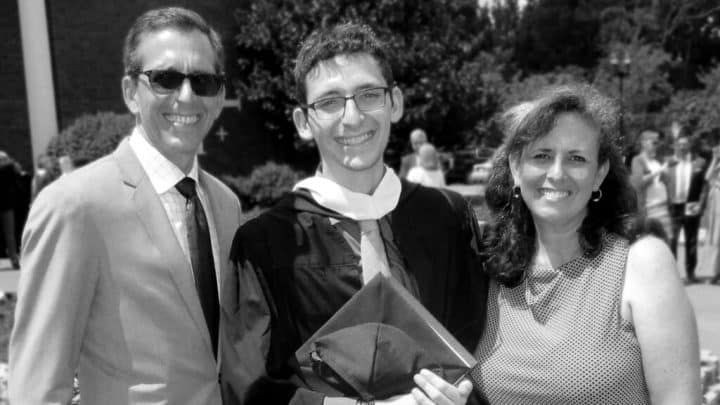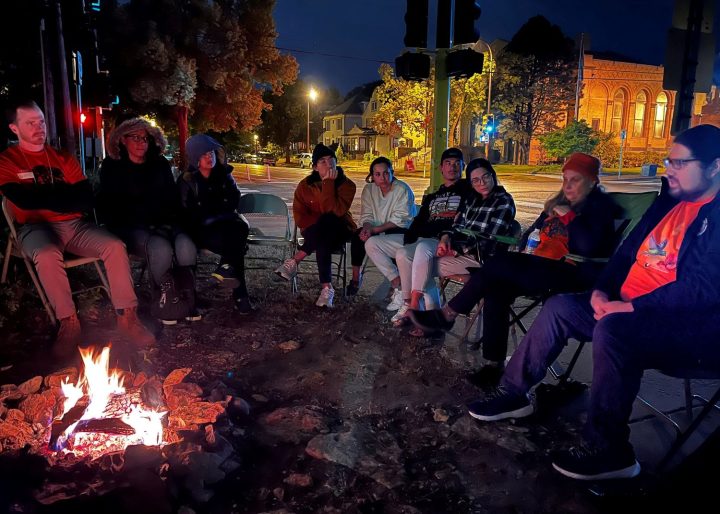WASHINGTON (CNS) — A divided and often skeptical Supreme Court heard two cases Oct. 31 challenging race-conscious policies used in university admissions to obtain diverse student populations.
Students for Fair Admissions, the group challenging these admissions policies, wanted the court to overturn its 2003 decision in Grutter v. Bollinger in which it said schools could consider race in the admissions process.
In 2016, the court rejected a challenge to a race-conscious admissions program at the University of Texas at Austin.
The student group challenged the affirmative action admission policy at the University of North Carolina and Harvard University.
The court chose to hear the challenges separately because Justice Ketanji Brown Jackson recused herself from the Harvard case as she recently finished serving a six-year-term on the university’s board of trustees.
Oral arguments took nearly three hours in the University of North Carolina case, which the court heard first, followed by two more hours of arguments in the Harvard case. Before arguments began, demonstrators lined the sidewalk in front of the court on a cloudy, cool Halloween morning.
By the end of the first session of arguments, a majority of the justices seemed ready to rule against the use of affirmative action in admissions policies and the second set of arguments seemed to further cement this view.
Some justices expressed skepticism in how the policy worked.
“I’ve heard the word diversity quite a few times, and I don’t have a clue what it means,” said Justice Clarence Thomas, adding: “It seems to mean everything for everyone.”
Justice Samuel Alito similarly asked what the term “underrepresented minority” means and speculated that giving advantages to one group of applicants puts others at a disadvantage, which he called a “zero-sum game.”
Other justices defended the policy and questioned what would happen without it.
Justice Elena Kagan expressed concern that if schools didn’t use this factor in its admissions policies, there would be a “precipitous decline in minority admissions,” blocking access to schools that are “pipelines to leadership in our society.”
Jackson, the first Black woman to serve on the court, was not convinced by challengers’ claims that they have been harmed by a university’s race-conscious admission policy.
“No one is automatically getting in because race is being used,” she said to the attorney for Students for Fair Admissions, adding: “Why does having race as a factor harm your members?”
Catholic colleges as a group weighed in on the two cases, urging the court to uphold affirmative action in admissions.
Fifty-six Catholic colleges and universities joined an amicus brief filed by Georgetown University emphasizing that the right to consider racial diversity in admissions is essential to their academic and religious missions and is “inextricably intertwined” with their religious foundations.
The brief, joined by the University of Notre Dame, the College of the Holy Cross, DePaul University and Villanova University, among others, argued that the right to achieve a diverse student body is rooted in the First Amendment’s guarantee of free speech and free exercise of religion.
It said this is particularly true for Catholic institutions of higher education whose ability to have discretion in how they choose students is critical to their religious missions.
Patricia McGuire, president of Trinity Washington University, tweeted Oct. 31 that more Catholic colleges and universities should have defended this policy.
“Catholic higher ed must do much more to promote models of access, equity and justice on our own campuses, and we should be advocates and activists for students of color who are still marginalized in too many places,” she said.
Solicitor General Elizabeth Prelogar, representing the Biden administration in support of the schools’ affirmative action policies, said a “blanket ban” of these measures would have “profound consequence.”
Cameron Norris, the attorney for the student group, said the policies have had a negative impact and caused resentment among many.
As justices grappled with the policy in question, they frequently brought up when lawyers would foresee an “end point” when race-conscious admissions wouldn’t be necessary.
Seth Waxman, a former solicitor general representing Harvard University, acknowledged there was no magic date when this wouldn’t be necessary and noted that even with this policy in place, there were still challenges.
As he put it: “We still have work to do with students once they get here.”
– – –
Follow Zimmermann on Twitter: @carolmaczim




